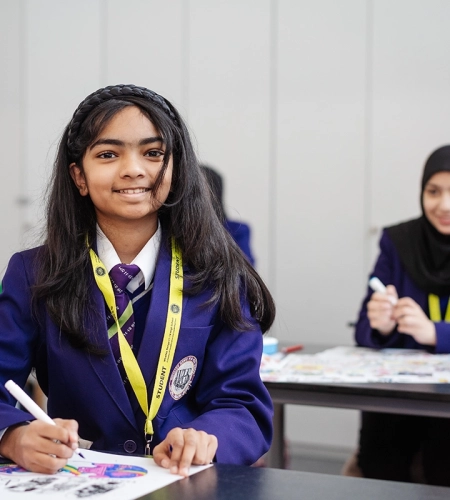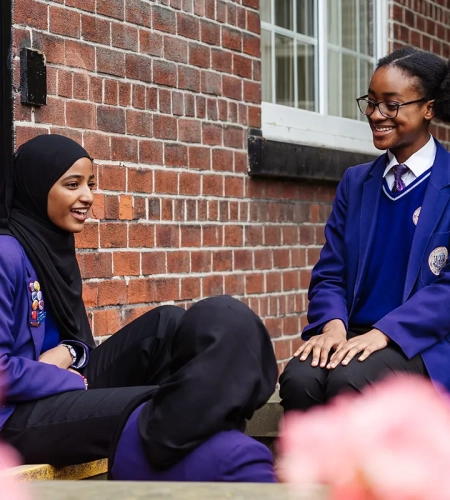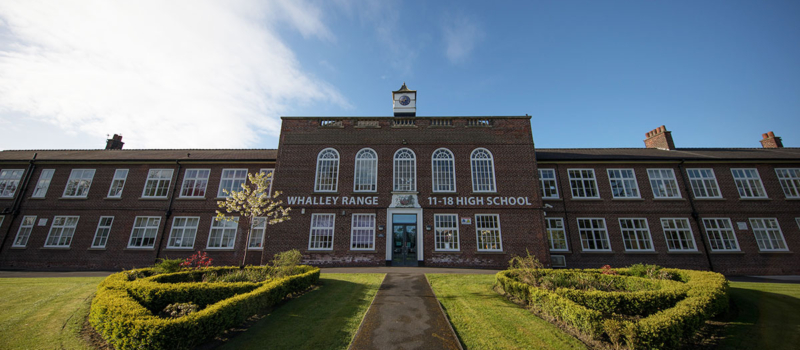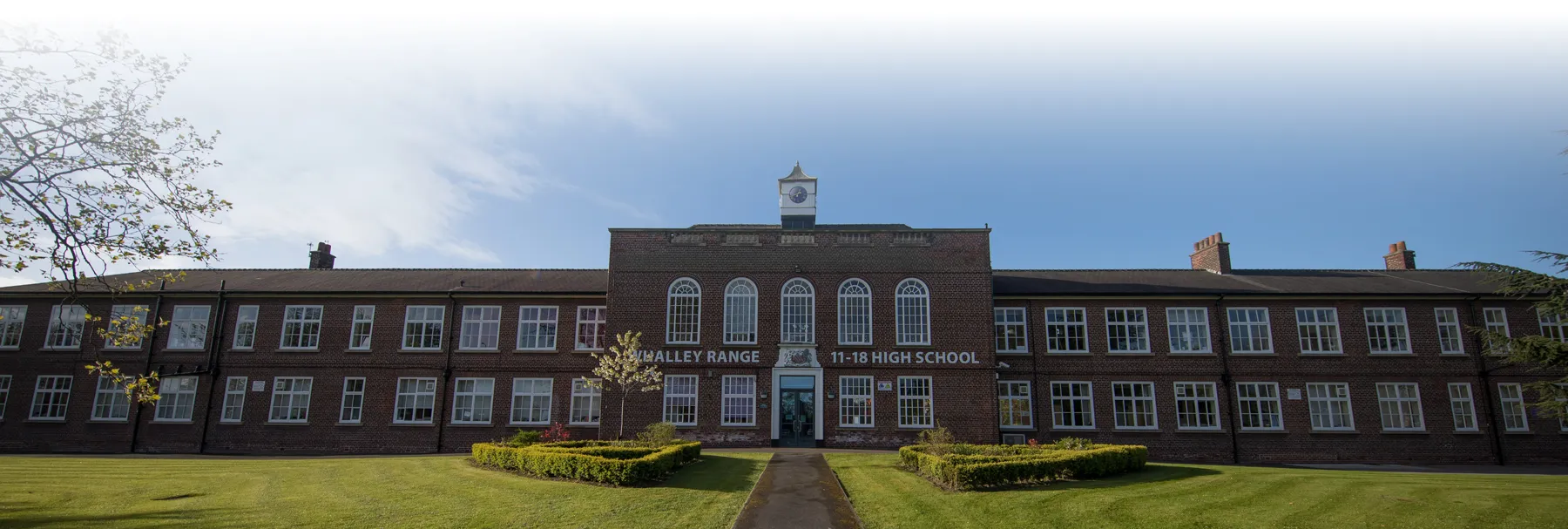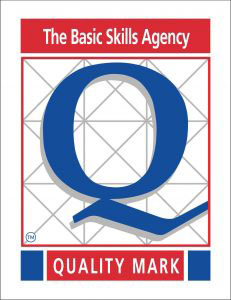Why PSHRE is so Important
A strong PSHRE curriculum is central to how Whalley Range 11–18 High School supports every girl to grow into a confident, informed, and responsible young person. As an all-girls school in central Manchester, we recognise the unique pressures, opportunities, and social landscapes our students navigate. PSHRE provides structured time to understand themselves, build emotional resilience, and develop the knowledge that helps them make safe and positive choices. Through topics such as self-esteem, relationships, first aid, health, and personal identity, pupils learn how to respond to challenge with confidence and compassion.
The curriculum also strengthens their sense of belonging by connecting our school values with the British Values of democracy, individual liberty, the rule of law, mutual respect, and tolerance. Together, these reinforce the respectful and inclusive culture our community is known for. As pupils progress from Year 7 to Year 11, PSHRE equips them with life skills—whether that is managing change, recognising unhealthy influences, understanding their rights, or preparing for work and adulthood. It is an essential part of how we help students become informed citizens, confident learners, and empowered young women ready for the world beyond school.
Why We Use Manchester Healthy Schools Provided Lessons
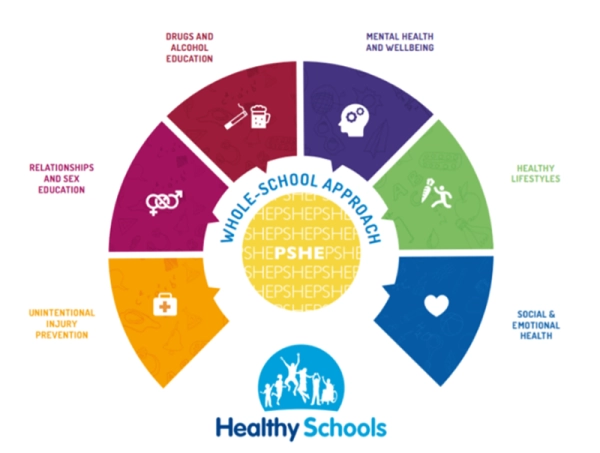
Our partnership with Manchester Healthy Schools ensures that PSHRE at Whalley Range remains current, evidence-based, and responsive to the needs of young people in our city. Healthy Schools resources are designed specifically for Manchester’s diverse communities and draw on local expertise, safeguarding priorities, and public health data. This means our lessons align directly with the real challenges and opportunities our students face—whether that relates to online safety, healthy lifestyles, mental health, relationships, or community issues. The programme is quality-assured, grounded in national guidance, and regularly updated so that content remains accurate, inclusive, and age-appropriate. Each lesson provided by Healthy Schools is specifically tailored for the needs of the students here at WRHS, ensuring content is age appropriate and relevant to our students.
Using these lessons also strengthens consistency across year groups, ensuring students receive a well-sequenced curriculum that builds in depth each year. Teachers benefit from clear structure, engaging resources, and expert-crafted materials, allowing them to lead sensitive discussions confidently. Most importantly, students benefit from accurate information, empowering messages, and safe spaces to explore key issues with skilled staff. By using the Manchester Healthy Schools framework, we ensure our PSHRE curriculum reflects best practice, supports student wellbeing, and gives pupils the tools to navigate their lives safely, positively, and with growing independence.
What We Cover in Our PSHRE Lessons
Across Years 7–11, our curriculum is structured around six key strands: Mental and Emotional Health, British Values, Healthy Lifestyles, Keeping Safe, Living in the Wider World, and Relationships & Sex Education. Each theme is revisited over time, allowing knowledge, confidence, and maturity to develop progressively. By sequencing learning in this way, students build practical skills—such as recognising risk, looking after their wellbeing, managing finances, understanding identity, and forming healthy relationships—that prepare them for life both inside and outside school. The curriculum is deliberately broad, enabling pupils to explore personal development, social issues, and responsibilities in an age-appropriate and sensitive way.
Year 7
In Year 7, pupils explore the foundations of emotional wellbeing, self-esteem, online behaviour, and the dangers of internet relationships and cyber-bullying. They learn how our school values connect with the British Values and begin to examine their own identity and responsibilities. Healthy lifestyles topics introduce the importance of good sleep, hygiene, oral health, and making positive choices. Keeping Safe lessons cover first aid essentials and recognising risks. Later in the year, students begin exploring enterprise, anti-racism, and the qualities of positive relationships, alongside key ideas around family, marriage, and body image.
Year 8
Year 8 builds on earlier learning with a strong focus on assertiveness, coping with change and loss, and understanding online content. Students revisit British Values through meaningful discussions linked to rights, respect, and responsibilities. Healthy Lifestyles lessons include vaccinations, diet, and sleep—supporting pupils to make informed decisions about their wellbeing. Keeping Safe focuses on drugs and alcohol, including the law, risks, and decision-making. Pupils also explore discrimination, stereotyping, human rights, friendship dynamics, gender identity, sexual orientation, and coercive or abusive behaviour in relationships.
Year 9
In Year 9, the Mental Health strand explores emotional health, misconceptions in the media, online stress, and gender-related challenges. Pupils deepen their understanding of British Values and move into complex Healthy Lifestyles topics such as organ donation, cancer prevention, and living with illness. Keeping Safe lessons highlight criminal exploitation, drugs, alcohol, and how to make good decisions under pressure. Living in the Wider World includes career aspirations, employability skills, financial risk, and anti-sexism. Relationships and Sex Education focuses on abuse, coercion, parenting skills, and recognising unhealthy or manipulative behaviour.
Year 10
Year 10 introduces more mature themes, including mental health conditions, media pressure, online misinformation, and body image. Pupils examine work–life balance, exercise, and scientific topics such as stem cell research and organ donation. Keeping Safe covers gangs, drugs, and alcohol—and how these pressures impact individuals, families, and life goals. Economic wellbeing lessons introduce budgeting, tax, the cost of living, and opportunities beyond school. Relationship and Sex Education explores fertility, pregnancy, miscarriage, pregnancy options, and visiting a sexual health clinic, ensuring students receive accurate and sensitive guidance.
Year 11
The Year 11 programme provides essential preparation for adulthood, focusing on practical life skills and immediate wellbeing needs. Pupils learn to use a defibrillator, manage their online identity, protect their personal and professional reputation, and cope with exam stress. Lessons also cover income, deductions, and financial planning—giving students a clearer sense of the responsibilities they will soon hold. Additional content includes celebrating Black History Month and completing college applications, helping pupils transition confidently to their next steps.
Where Parents/Carers can find further Information
Parents and carers play a vital role in supporting their daughter’s learning in PSHRE, and we encourage families to explore the trusted organisations that shape, inform, and complement the curriculum we teach. National guidance from the Department for Education provides clear expectations for what schools must cover, while the PSHE Association and Manchester Healthy Schools offer high-quality, research-informed resources that reflect both best practice and the needs of young people in our city. By accessing these sources, parents can better understand the topics taught in class, stay updated on emerging issues, and feel more confident when discussing sensitive themes at home. Alongside these curriculum-based organisations, there are also several excellent services that offer wellbeing advice, online-safety support, and confidential help for young people. Together, these resources help strengthen the partnership between school and families, ensuring every student feels supported, well-informed, and confident as they grow into young adults.
- DfE statutory guidance for RSHE
- PSHE Association: support, resources and guidance for schools and parents
- Manchester Healthy Schools: local resources and parent support
- Healthy Schools network: whole-school wellbeing resources
- Blog from the DfE Education Hub explaining what parents should know
- DfE summary of PSHE and how it fits into the curriculum
- Healthy Schools Partnership Programme: emotional wellbeing in schools and families
- PSHE Association / CEO Education guidance on programmes of study (useful for understanding content by year-group)
- Kooth (free online mental-health support for young people)
- Brook (sexual-health advice and clinics for young people)
- NHS Mental Health Support
- Childline
PSHRE: Form Time
Form Time at Whalley Range 11-18 High School aims to provide a structured and consistent start to the day for all students. Students are in vertical tutor groups to promote positive relationships and a sense of community. Form Time activities are centred around PSHRE, progress and literacy. The foci for each half term is listed below:
- Half Term 1: My mental and emotional health
- Half Term 2: My values and the British Values
- Half Term 3: My health and lifestyle
- Half Term 4 My safety and risk management
- Half Term 5: My future and wider world
- Half Term 6: My identity and understanding relationships
PSHRE: Assembly
Assembly at Whalley Range 11-18 High School is a fundamental part of widening the opportunities, understanding and discussion around local, national and global events and contexts, which are related to the PSHRE / citizenship national curriculum. Assembly is centred around celebrating excellence and a thematic approach to topics / messages that links the form time programme and assembly calendar. Assemblies are thematic and have a weekly link to the form time PSHRE coverage.
PSHRE: Focus Days and Specialist Workshops
Deep Learning Days and specialist workshops are an opportunity for students to have more focused learning around key content from the PSHRE and CEIAG national curriculum. The sessions are planned / deliver, primarily, by external providers who are experts in their fields to offer to build on and drive forward the learning, understanding and wider cultural experiences of students at Whalley Range 11-18 High School. Focus days are thematic, linking to the form / assembly PSHRE coverage for that term and the topics they are linked to are listed below:
- Focus Day 1: Wellbeing
- Focus Day 2: Careers and future
- Focus Day 3: Physical Health
- Focus Day 4: Cultural capital and citizenship
PSHRE: The Wider Curriculum
PSHRE plays a fundamental part in the planning of faculty schemes of work and planning for wider cultural opportunities where PSHRE content compliments the more traditional curriculum. Faculty leaders are aware of developments within the PSHRE curriculum linked to their subject areas and they build on this through appropriate leadership, planning and sequencing.
The form time programme, assembly and focus days are designed to:
- Provide opportunities for students to develop their leadership skills
- Enable the personal coaching of students
- Communicate consistent messages to students
- Promote the Trust co-operative values of self-help, self-responsibility, democracy, equality, equity and solidarity
- Develop understanding of fundamental British values and the appreciation of diversity
- Cover elements of personal, social, health and economic education
- Respond to local, national and global events
- Promote respectful discussion and encourage students to give extended spoken responses in order to improve oracy
- Offer opportunities for form teachers to celebrate success with students

